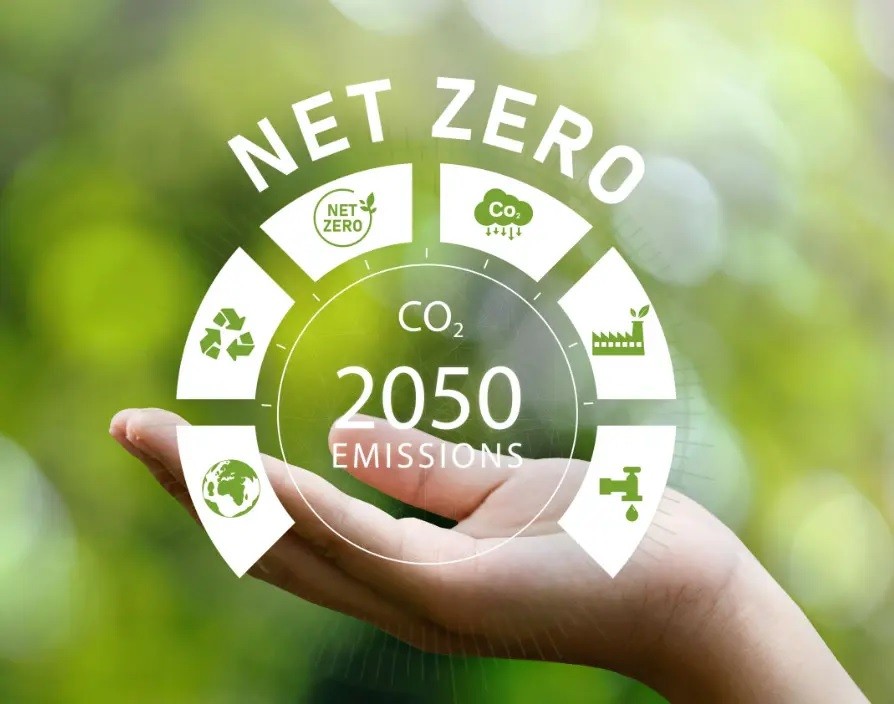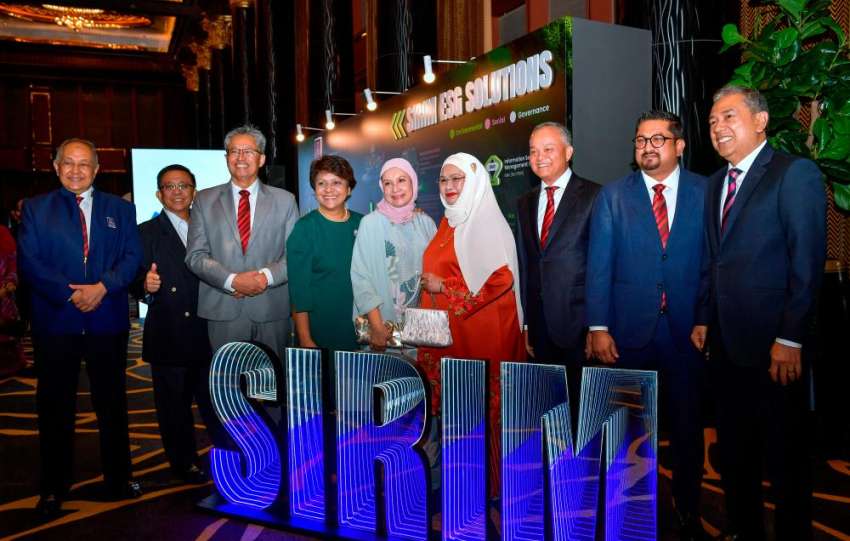March 23 – In recent years, sustainability has become a cornerstone of Malaysia’s national agenda, with ambitious targets set to address climate change and environmental degradation. One of the most significant commitments is the country’s pledge to achieve net-zero carbon emissions by 2050. This target not only aligns Malaysia with global climate goals but also positions it as a leader in driving sustainable economic growth in Southeast Asia.
The Vision for Net-Zero Carbon Emissions
Malaysia’s net-zero vision reflects its determination to balance economic progress with environmental responsibility. The government aims to gradually reduce the nation’s carbon footprint through a combination of policy reforms, investments in clean technologies, and sustainable development initiatives. Achieving net-zero emissions involves limiting greenhouse gas output and enhancing carbon sequestration efforts through forest conservation and other carbon offset strategies.
Key Strategies and Policies
Several strategies are in place to facilitate Malaysia’s journey towards net-zero emissions:
- Renewable Energy Transition: Malaysia is committed to increasing its renewable energy capacity, particularly in solar, wind, and hydroelectric power. The country’s Renewable Energy Roadmap (MyRER) aims to achieve 31% renewable energy in its national power mix by 2025, and 40% by 2035.
- Energy Efficiency Improvements: Implementing energy efficiency measures in industries, transportation, and buildings is crucial. Incentives are being provided to encourage businesses and households to adopt energy-saving technologies and practices.
- Green Mobility Initiatives: The government is promoting electric vehicle (EV) adoption through incentives and infrastructure development, including expanding EV charging stations nationwide.
- Carbon Pricing Mechanisms: Malaysia is exploring carbon pricing instruments such as carbon taxes and emissions trading systems to incentivize businesses to reduce their carbon output.
- Forest Conservation and Reforestation: Recognizing Malaysia’s rich biodiversity and forest cover, efforts are being intensified to preserve natural carbon sinks and implement large-scale reforestation programs.
ESG Integration and Corporate Responsibility
The net-zero target has also led to a growing emphasis on ESG (Environmental, Social, and Governance) principles within the corporate sector. Companies are increasingly aligning their business strategies with sustainability goals, incorporating carbon reduction practices, and improving transparency through ESG reporting. This shift not only helps reduce emissions but also enhances Malaysia’s appeal to global investors focused on sustainable investments.
Conclusion
Malaysia’s commitment to achieving net-zero carbon emissions by 2050 marks a bold step towards a more sustainable and resilient future. Through comprehensive strategies encompassing renewable energy, green mobility, energy efficiency, and forest conservation, the country is poised to make significant progress in mitigating climate change. As Malaysia continues on this path, its leadership in sustainability will serve as a model for other nations striving to achieve a low-carbon economy.
Sources:





